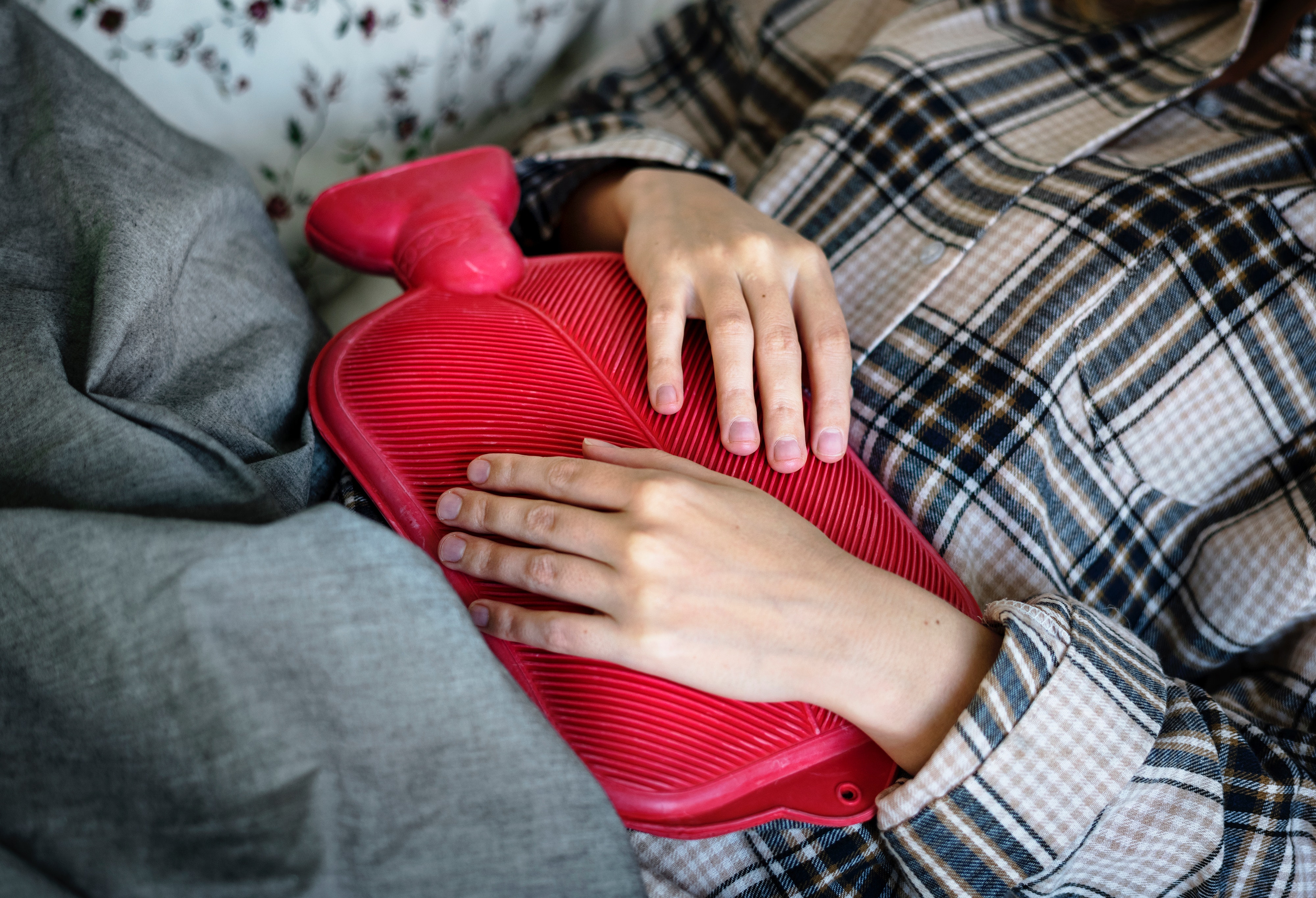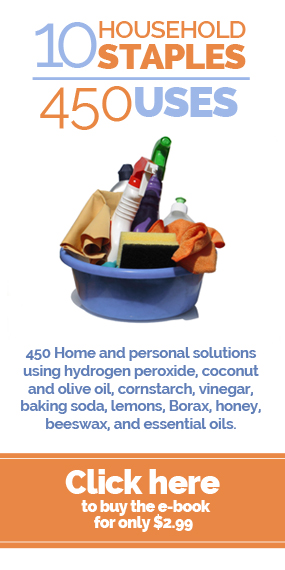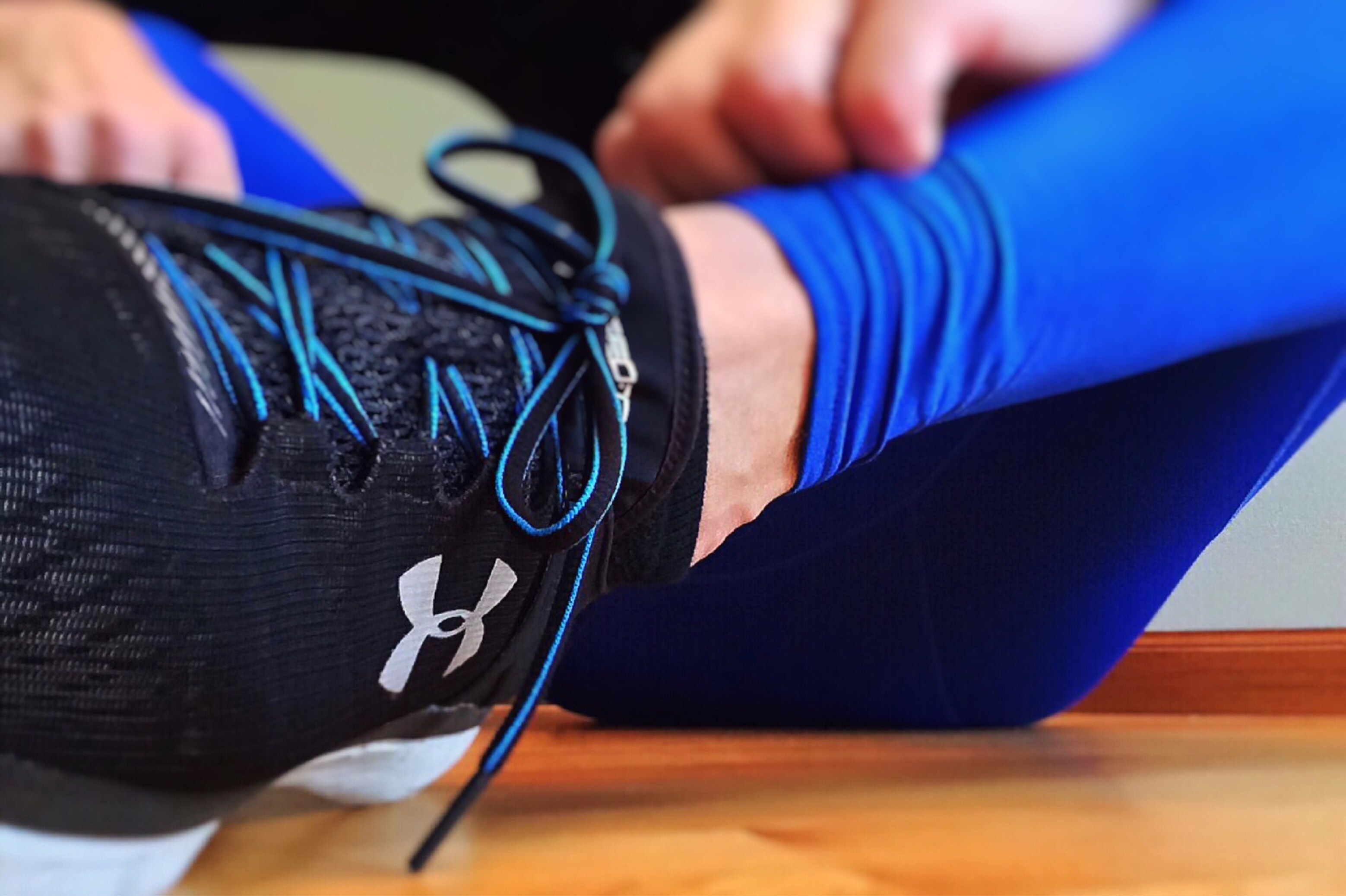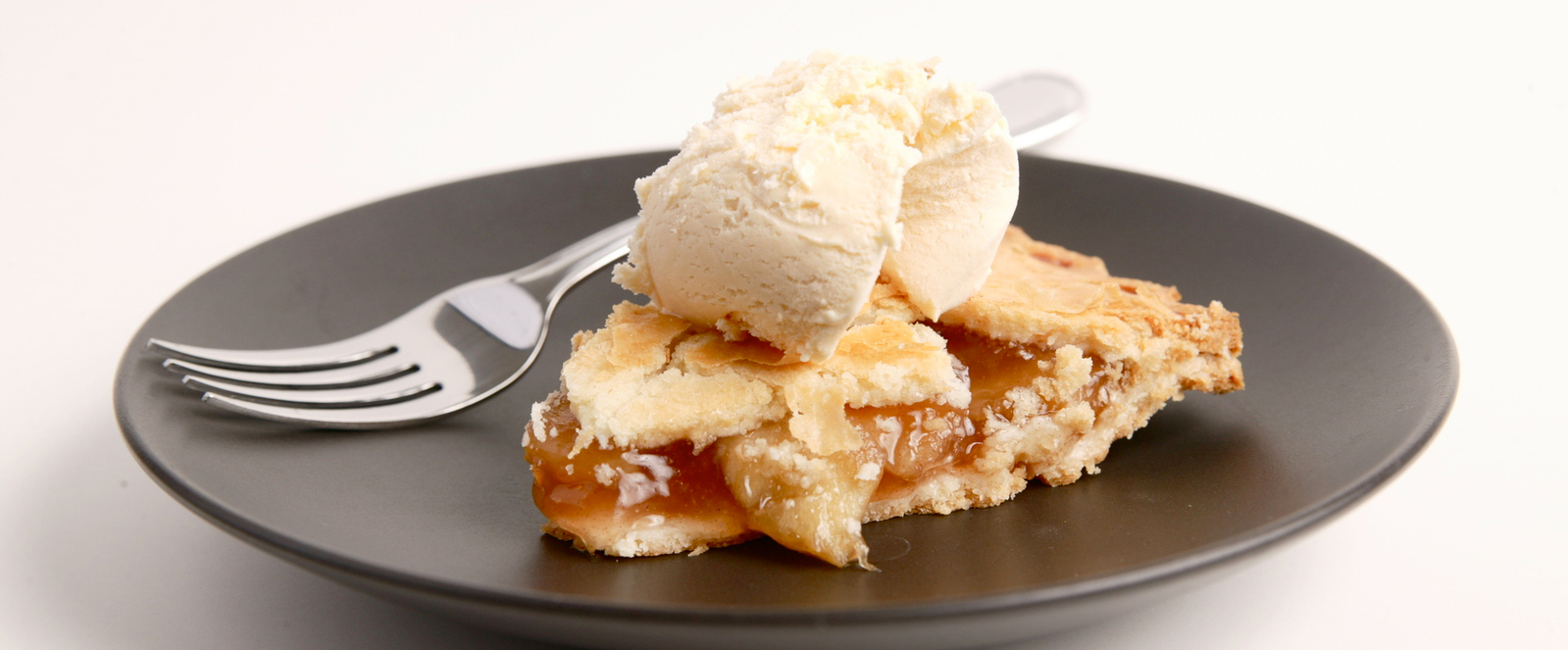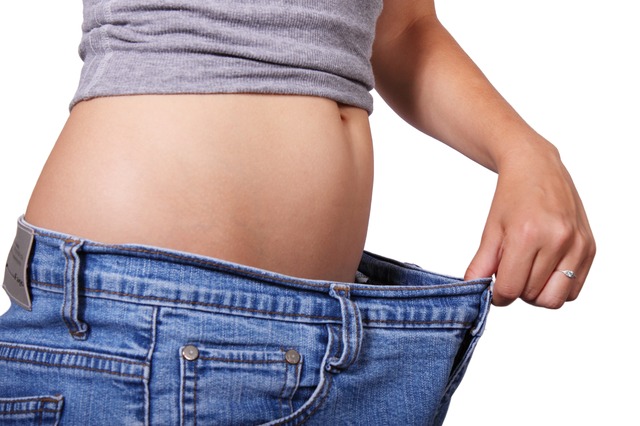Let’s face it, nobody likes dealing with a bloated tummy, especially if you have a special function coming up in a matter of hours. Apart from it looking bad, it can also cause extreme physical discomfort.
A buildup of gas in the gastrointestinal (GI) tract usually causes bloating. Your belly will appear to be larger than it usually is, and it can feel tender and painful. In most cases, bloating only occurs after meals. It usually resolves itself. However, bloating can become a long-term problem and everyone wants to speed up the bloating process.
The Causes of Bloating
Diet:
Sugary and fizzy drinks are one of the biggest causes of bloating. Too much of salt is also another cause of bloating. A lack of fiber rich foods also causes bloating.
Digestive problems:
Several digestive issues such as constipation, intolerances, and food allergies can also cause bloating. Large quantities of stool build up in the large bowel, excessive gas begins to also build up along with the stool and this is what causes you to become bloated. It can cause severe discomfort and pain for many.
Hormonal changes in women:
Women usually suffer with bloating before and during their menstrual cycle. This is due to water retention and hormonal changes.
When Bloating Becomes A Problem
Though it’s uncommon, but bloating can be a symptom of other major conditions such as certain types of cancer, liver diseases, kidney problems, etc. If you have these symptoms, along with long-term bloating, please consult a doctor:
- Fever
- Weight loss
- Abdominal pain
- Diarrhea
- Changes in appetite
- Vomiting
- Blood in stools
- Dark colored stools, can even be black in color.
How to Put An End to Bloating
If you don’t want to wait for the bloating process to be over and would rather speed it up yourself, you can try these tips. These tips will also work in the long run. Here are a few tips to put an end to bloating:
Cut out the fizzy and sugary cooldrinks:
Fizzy and sugary drinks are the number cause of bloating. The gases in the cool drinks causes bubbles and gas in your tummy. Cut them out entirely from your diet and replace it with water. Water is not only healthier, but it will also help with relieving constipation.
Avoid constipation:
Constipation is very uncomfortable and it also causes bloating. A few ways to put an end to constipation is to exercise daily, drink lots of water, and increase your fiber in your diet. Another quick fix to put an end to constipation is to squeeze one or half a lemon, you can mix it in a little water – if you can’t handle the taste. Try and drink this mixture at least twice a day, after waking up and before going to bed.
Eat slowly:
Eating too fast increases your chances of feeling bloated after every meal. It causes you to swallow more air, which leads to bloating. Take your time and eat. Chew your food properly and try and spend at least 30 minutes eating on a meal. Eating slowly also allows your body to digest food properly and you might find that yourself eating less when you eat slowly.
Eat smaller meals:
Instead of having three bigger meals in a day, you can try eating five small meals to prevent bloating. Eating five small meals a day will also reduce your hunger levels throughout the day and you can also control your blood sugar levels by doing this.
Yoga:
Certain yoga poses can encourage the abdomen to release excess gas, which will help with relieving bloating. Check around for yoga poses and twists to relieve bloating.
Stop chewing on gum:
Chewing gum causes you to swallow more air. This also leads to bloating. If you have a habit of chewing gum during the day, try and replace it with other healthier snacks such as popcorns, nuts, etc.
Take a walk:
Taking a walk regularly or after meals can do wonders for bloating and the digestive system. The activity while walking will get your bowels moving which will help in getting rid of excessive gas and it will relieve constipation.
Increase your fiber intake:
Fiber plays an important role in your gut health. Fiber can also reduce bloating and allow your digestive system to function properly. Introduce fiber into your daily diet slowly. By going all out at once, it can cause bloating and constipation. Allow your body to adjust to more fiber slowly, and you will notice the difference in your digestive health. Some fiber rich foods are nuts, legumes, peas, whole grains, dried fruit, etc.
Eat more probiotics and anti-bloat foods:
Introduce more anti-bloat foods in your daily diet such as yogurts, pineapple, parsley, and ginger. Foods that contain good bacteria will not only do good for your gut health, but it will also reduce bloating.
Exercise regularly:
As mentioned above, activity will allow your movements in your bowels which will help your digestive system and it will also reduce bloating. Exercise will not only be beneficial for your gut health but also for your overall wellbeing.
Go with a low-FODMAP diet:
If you want to put a complete end to bloating, then a low FODMAP diet is recommended. Low FODMAP foods do wonders for your digestive system and it is good for people who suffer with IBS, abdominal pain, and flatulence.
Have a soak in the bathtub:
Having long warm baths can help with relieving a sore abdomen. And it also lowers your stress levels. It will also be beneficial for the gastrointestinal tract, which will reduce bloating and discomfort.
Try and cut out certain medications:
Certain medications that’s used to treat certain conditions such as endometriosis and ovarian cysts can cause bloating and pain in the abdominal area. Other inflammatory bowel diseases such as Crohn’s Disease can also play a major rule in long-term bloating. If you suffer with any conditions and have been prescribed medications for it, you should consult your doctor if he could possibly your medications to reduce your bloating and discomfort. Speak to your doctor and let him know about your symptoms.
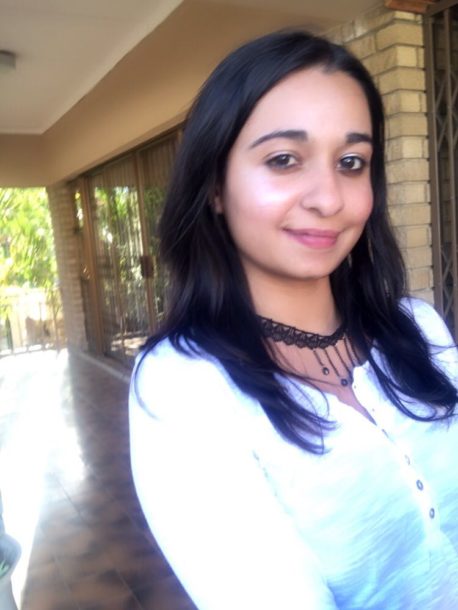
Shayma Vawda is a freelance writer, SEO specialist and virtual assistant based in South Africa.
She has worked on several projects and loves learning new skills. She has a passion for writing about psychological issues, health and parenting.
